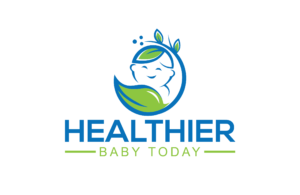Why should you raise your baby and use sustainable practices? Starting eco-friendly habits early can help set the foundation for a lifetime of caring for our planet. Besides, it allows your little one to learn about environmental conservation from an early age.
Table of Contents
The Importance of Starting Eco-Friendly Habits Early
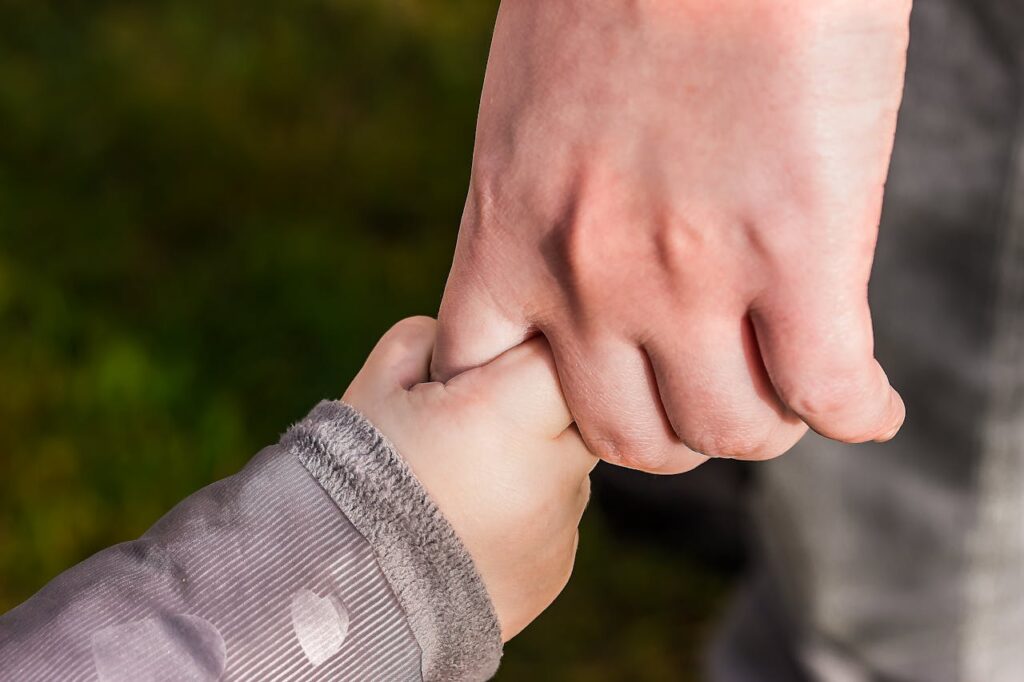
It all starts with realizing that everything we do has an effect on Earth as parents who want to have green kids. Eco-parenting entails making thoughtful choices that are sustainable and reduce our carbon footprint. It means choosing products and engaging in practices that cause no harm to nature, like using reusable alternatives instead of disposable items, eating organic foods where possible, and being considerate about the waste production process.
Thus, beginning eco-friendly habits at your child’s tender age contributes to protecting the environment and develops responsibility and consciousness in them right from childhood; it teaches children that conservation is necessary and shows them why they should choose environmentally responsible options.
Choosing Eco-Friendly Baby Products
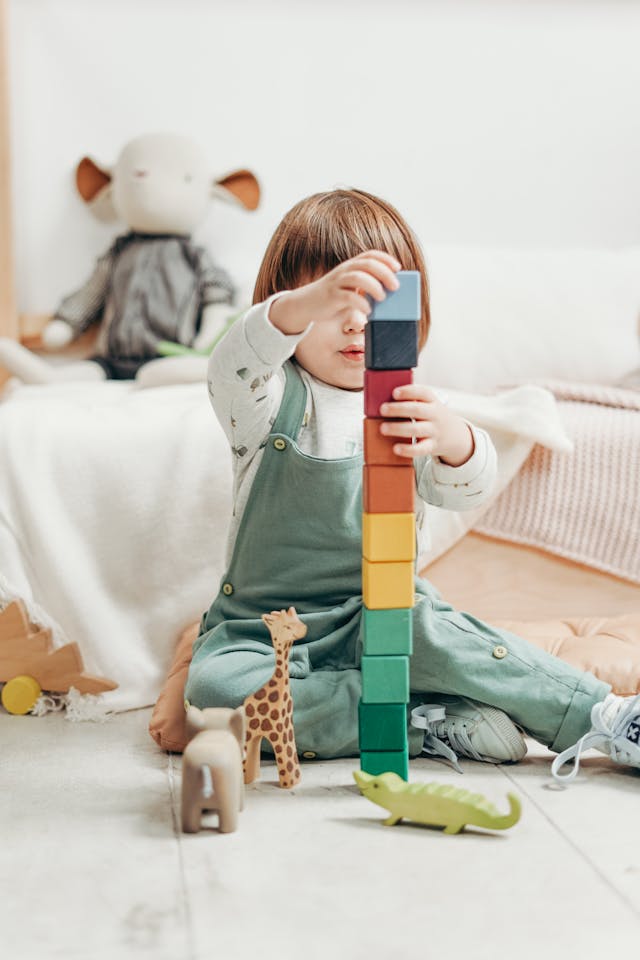
Eco-parenting involves selecting items meant for babies that quickly decompose into manure. When you buy clothes or toys for your kid, check whether they are made from recyclable materials. You will find wooden playthings, bamboo garments, or cotton grown organically very useful there.
Not only are these materials better from an ecological standpoint, but they are also milder on infant skin than their synthetic counterparts. Toys and clothes made of natural fibres last longer and thus can be reused over time, reducing waste and promoting sustainability.
Diapers’ Role in Eco-Friendly Parenting
Choosing the correct diaper is very important in code parenting. Cloth diapers are also an alternative, as they can be used multiple times without filling up landfill sites. However, they must be washed through water-conscious or energy-saving machines to reduce their environmental impact.
Using high-efficiency-rated washing machines, washing on full load, and drying cloth nappies by air or wind reduces their environmental impacts. Finally, biodegradable liners that help clean cloth nappies efficiently can be a viable solution.
Creating an Eco-friendly Nursery
An eco-friendly nursery is one way of being responsible parents. Choosing non-toxic paints and furniture ensures your child remains safe and healthy while minimizing atmospheric emissions. For instance, non-toxic paints free from VOCs (volatile organic compounds) reduce indoor air pollution in your baby’s room, thus enhancing its quality.
When choosing furniture, go for those made using sustainable wood or recycled materials. Use energy-saving LED bulbs instead of traditional ones; this saves electricity. Thus, fill this space with eco-friendly decor like biodegradable wall decals or toys.
Minimizing Plastic Use in Your Baby’s Life
Reducing plastic use in your baby’s life is crucial health-wise and ecologically. One can do it by simply cutting down on how many plastic toys they purchase; instead, get ones made from natural materials like wood, fabric, or bamboo.
You may use glass or stainless steel bottles instead of plastic as baby accessories. For teething toys, choose those made of natural rubber. Furthermore, you should abandon plastic diapers altogether and stick to cloth diapers, as described before, decreasing the amount of plastic your baby comes into contact with.
Eco-Friendly Cleaning and Laundry Practices
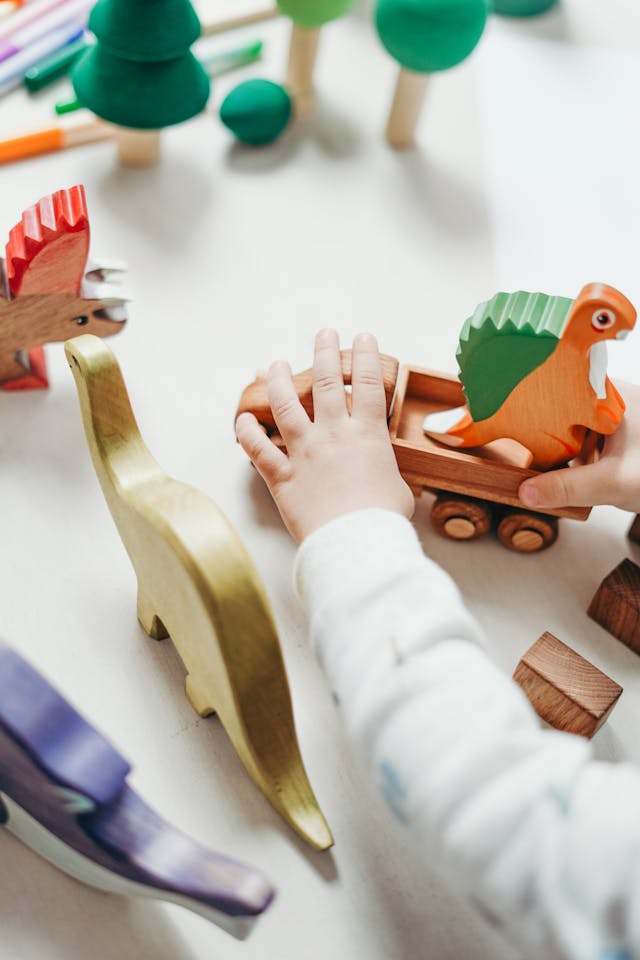
Many such items are made out of biodegradable components that lack harsh chemicals; hence, they do not endanger your infant’s well-being while having a negligible effect on the environment. Energy-saving methods can make a difference when washing your baby’s clothes.
High-efficiency washing machines, Cold water washes, and Air drying clothes minimize power consumption. Considering even just full loads helps maximize water usage and reduce energy bills. This way, parents will ensure the safety and cleanliness of the things used by their babies as well as appreciate how environment friendly they could be
The source of the information is presented in such a way that it is easily understood and simultaneously understood. This can save you money since they are also more economical with the time taken to care for them. By using cloth diapers, people can lower their demand for disposable ones, collectively reducing environmental pollution. Moreover, they could have been softer for your child’s skin with numerous styles and fabrics.
FAQS
How can parents ensure ecologically friendly feeding practices?
Parents could adopt an ecologically friendly feeding practice through breastfeeding that does not require packaging and waste materials. For example, when bottle-feeding, one should choose items made from sustainable goods or use organic formulae to reduce environmental pollution. Other benefits include introducing solid foods using locally sourced products; these further support eco-friendly feeding.
Do nursery furniture and decorations have environmentally friendly alternatives?
Indeed, parents may choose sustainable wooden nurseries or opt for recycled-material furniture. They can also reduce VOCs by using non-toxic paint on them. The nursery will look beautiful if decorated with eco-friendly wall decals or toys made from natural materials rather than plastics.
What are some simple steps towards less plastic in baby care?
Go for baby things produced from wood fabric, bamboo glass, and stainless steel instead of plastics, and consider cloth diapers instead of plastic toys. These options address environmental concerns and safety around your infant; we cannot ignore this fact.
Conclusion
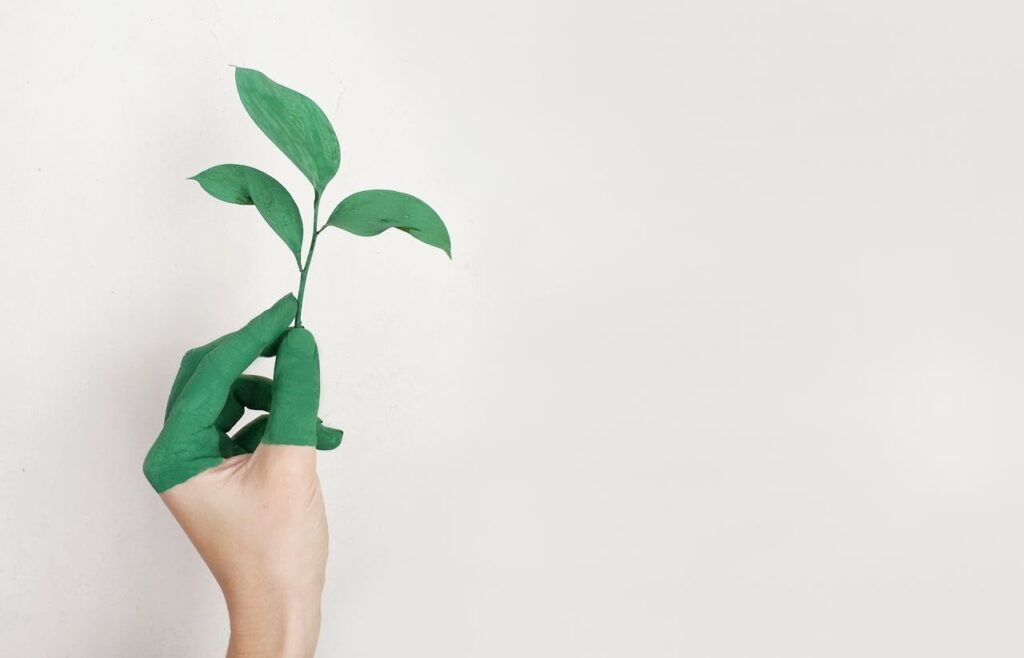
I hope this guide has shown you how to raise a green kid by providing tips on how to bring up an eco-conscious child right from infancy, starting from choosing biodegradable accessories used during feeding to making a nursery that is environment-conscious, reducing the use of plastic and finally keeping clean our surroundings by adopting sustainable cleaning actions among others. Each step makes a big difference towards a healthier planet and safer baby’s world – selecting biodegradable feeding tools, creating an eco-friendly room, decreasing plastic usage, and going with eco-friendly cleaning needs, etc. Go green today!

